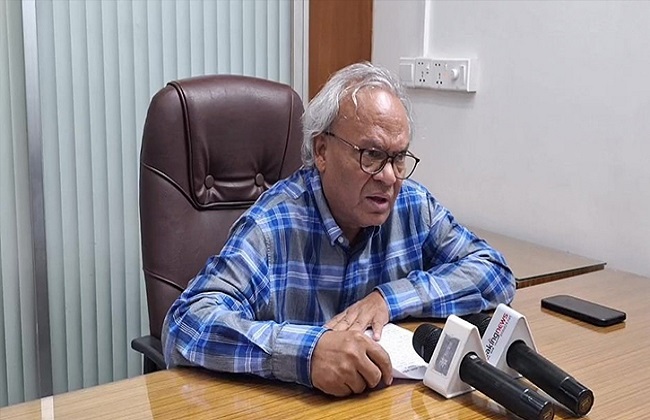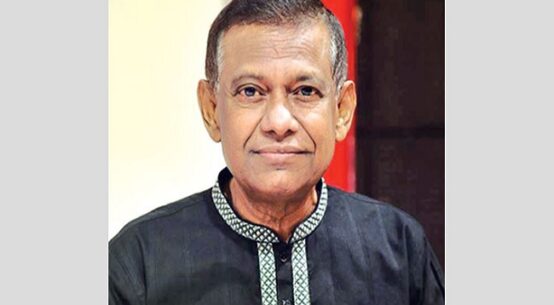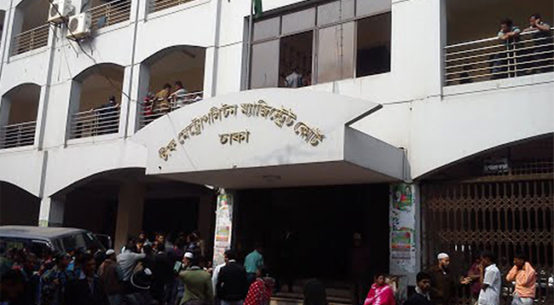
Bangladesh Nationalist Party (BNP) Senior Joint Secretary General Ruhul Kabir Rizvi on Sunday said the country’s power sector had plunged into a deep crisis.
Talking to reporters at BNP’s Nayapalton office Rizvi said Awami League General Secretary Obaidul Quader’s recent remarks on the power situation contradict what Prime Minister Sheikh Hasina has said.
The BNP leader said Quader claimed that hundred per cent people of the country are getting electricity supply while his PM a few days ago stated that load-shedding in small scale should remain in the country.
He said people of the country are suffering from load-shedding morning to evening whereas the temperature still remains at tolerable level.
Rizvi denounced Quader’s another statement that BNP is pleading with its foreign master by ignoring the people of the country.
He alleged that the AL general secretary is perhaps suffering from amnesia as he had forgotten the 2014 election when India’s then-foreign minister Sujata Singh visited Bangladesh to show their support to AL and manage HM Earshad to join the polls.
It is a clear sign of intervention in a sovereign country, he added.
BNP Vice Chairman Ahmed Azam Khan, Adviser to Chairperson Zainul Abdeen Farooq, Zainal Abedin (VP Zainal), Organizational Secretary Advocate Abdus Salam Azad, Assistant Office Secretary Munir Hossain, Assistant Economic Secretary Mahmudur Rahman Sumon, were present in the press briefing.
BNP was originally formed when a political vacuum was occurring in Bangladesh, mainly resulting from the coups–countercoups of 1975. As a result, after the withdrawal of military rule, various politicians, regardless of party & ideological affiliation, joined the newly formed BNP in order to return in mainstream politics. Many political experts believe that since BNP was born after Awami League was overthrown, the BNP was an attempt to establish a position in the areas where Awami League was moderate.
According to Professor Sirajul Islam Chowdhury, a former professor of Dhaka University, BNP didn’t have any concrete ideology at the time of its establishment, and the ideological definition came only after the establishment of the party. Syed Manjurul Islam, a professor of the English department at Dhaka University, said,


